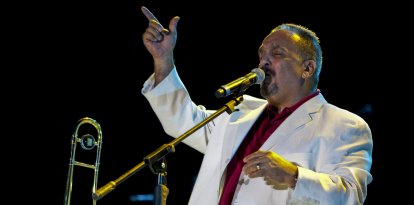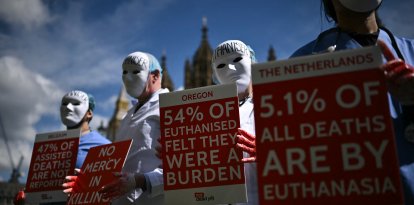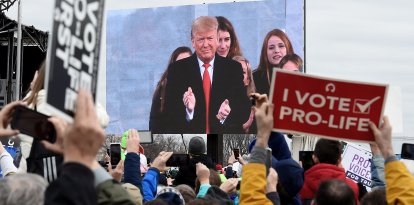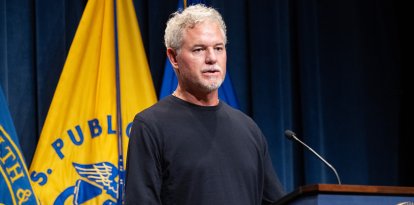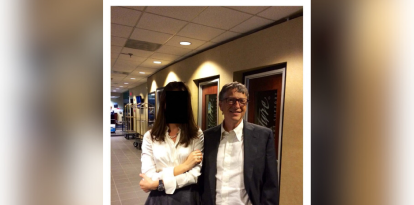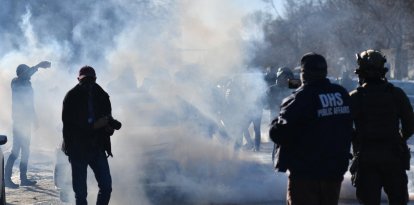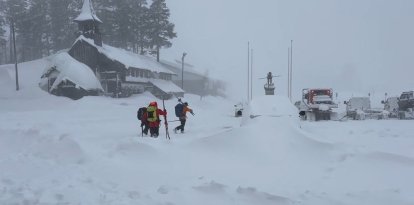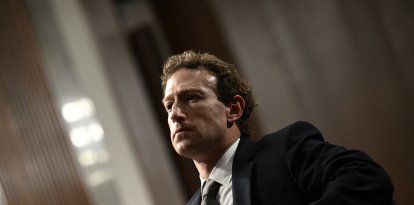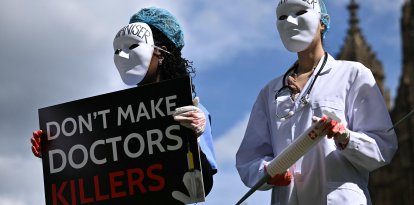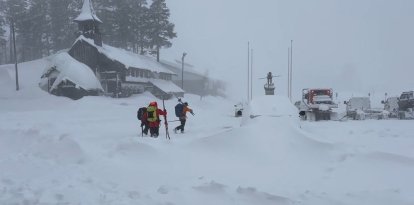INTERVIEW
Bishop Ayuba Matawal of Nigeria: "More than 150 people have been killed in less than a month by extremist Fulani militants"
The prelate recognizes that Christians in the African country, the deadliest for believers, live in fear of the celebration of Holy Week because of the continuous attacks by Islamic radicals.
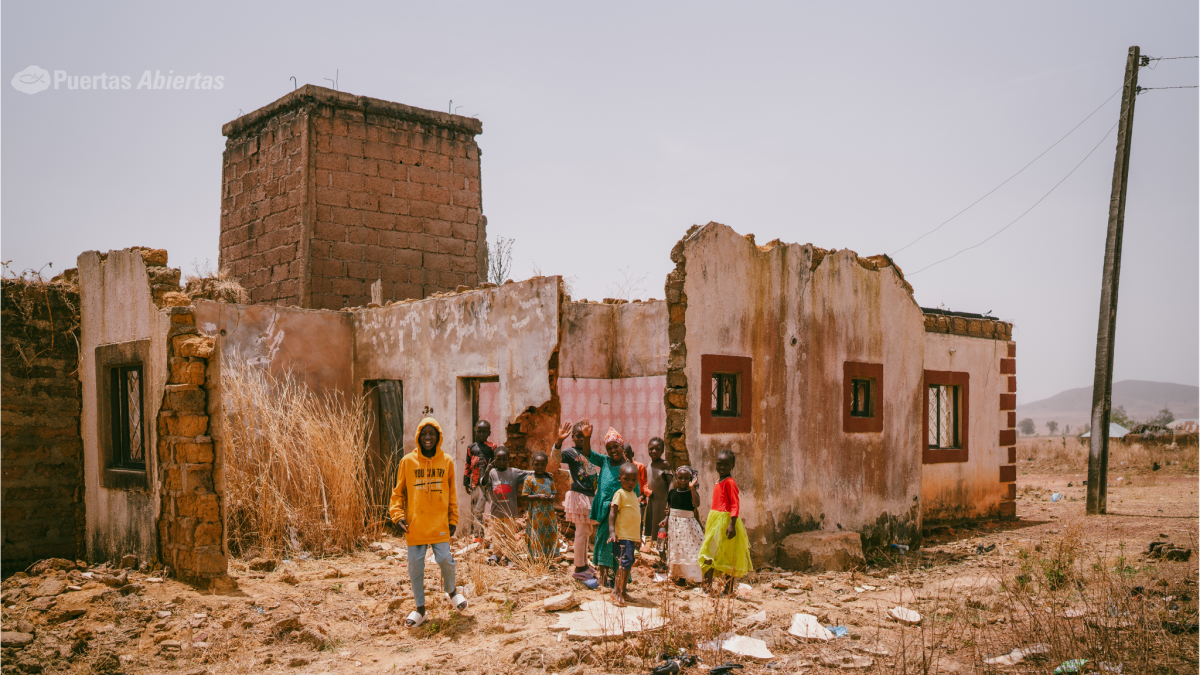
Niños cristianos sonríen entre las ruinas de un templo en Nigeria
Nigeria has the dubious honor of being by far the deadliest country for Christians. In recent years, more than 50,000 believers have lost their lives violently at the hands of Islamic terrorists, and murders within its borders account for between 70 and 82% of all the faithful killed worldwide. Holy Week is one of the most dangerous times to try to live the faith, and VOZ spoke exclusively with Bishop Ayuba Matawal about the situation of Christians.
What's the situation of Christians in Nigeria nowadays?
The situation of Christians in Nigeria, especially in the Northern and Central regions, is very troubling. In the Northern states, where there is a Muslim majority, Christians face abuse, victimization, and extreme persecution, particularly in schools and public spaces. Churches are often denied certificates of occupancy for land, and even when granted, such certificates can be revoked at any time. In many cases, Christians are restricted from studying certain courses in federal universities in the North. Even having a Christian or biblical name can result in being denied rights and privileges. During the Muslim Ramadan fasting this year, schools were closed in those states to allow for the fasting not minding the rights of the Christians
In North Central Nigeria (the Middle Belt), Christians experience frequent kidnappings, particularly targeting women and girls through abduction and sexual violence. There are ongoing attacks by militant herders, destruction of farmlands, and violent invasions of Christian villages, often resulting in killings and the destruction of homes and property. Overall, the Church is facing a deeply distressing and dangerous reality.
Most of Nigeria's population is Christian. Why, then, is it considered one of the most dangerous countries for Christians?
Many of the attacks and killings are carried out by extremist Fulani militants, who over the years have been supplied with dangerous and sophisticated weapons, such as AK-47s and more. This intensified particularly under the administration of former President Muhammadu Buhari, himself a Fulani Muslim from the North.
It appears that some of these extremists have been indoctrinated with an ideology of seizing land from Christian communities, continuing the legacy of Uthman dan Fodio’s vision of spreading Islam across Nigeria. Although their numbers may be small, these extremists have inflicted severe damage on Christian communities.
Christians are highly vulnerable and rely heavily on government protection. Unfortunately, the government has often failed to provide timely protection, with authorities usually arriving only after attacks have occurred. Even when arrests are made, the justice system is slow and plagued with corruption.
What is the greatest danger to Christians in Nigeria today?
The greatest danger Christians face in Nigeria today is the threat to their lives, especially in rural Christian communities, which can be attacked at any time. Even in urban areas, the abduction and kidnapping of Christians are alarmingly common.
Is there a fear of celebrating Holy Week at this time?
Yes, absolutely. With the recent attacks on Christian communities in Plateau State, more than 150 people have been killed in less than a month by extremist Fulani militants. The most recent attack occurred on April 14, 2025, in Bassa Local Government Area of Plateau State, where at least 50 people were killed. As a result, Christian communities are on high alert, especially during church services and religious gatherings.
What are the authorities doing to protect Christians?
While the current government has shown more willingness to address the crisis than the previous administration, intelligence gathering and execution remain weak. In many of the areas under attack, the number of security personnel is limited and often overwhelmed.
For example, during the recent attack, security forces reported that over 100 armed militants were involved, far outnumbering the local security presence. Politics frequently take precedence over the urgent need to protect citizens. Simply put, the efforts made so far are insufficient.
What is your message to Nigerian Christians?
Nigerian Christians must rise, unite, and speak with one voice. Christians across the nation—from the South to the North—must see themselves as one people. Southern Christians, who generally have better access to education, enlightenment, and resources, must advocate for and support their northern brothers and sisters.
What is your message for Christians around the world?
My message echoes the words of Mordecai to Esther: "If you remain silent at this time, help and deliverance will arise from elsewhere." I urge Christians worldwide to raise their voices and speak to global authorities about the suffering of the Church in Nigeria.













